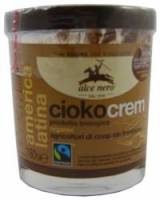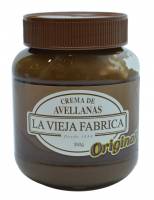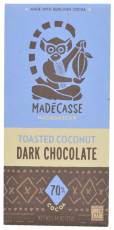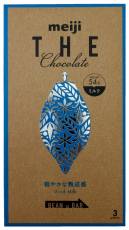Ethical human claims have grown consistently for the past five years on launches of chocolate products. However, while the Fairtrade claim is now mature, newer claims are starting to appear that attempt to take ethics, sustainability and quality to a new level. Recent certifications from coffee and chocolate confectionery brands include ‘Bean-To-Bar’ and ‘Direct Trade’; although still niche, such claims have escalated rapidly in new launches in the last few years.
What is ‘Bean–to-Bar’ and ‘Direct Trade’?
Rather than third party certifications as in the Fairtrade model, Bean-To-Bar and Direct Trade standards are said to be determined by the producers of cacao themselves through building strong relationships between cacao producers and chocolate makers, at no extra cost to the producers. These traders claim to reward quality by paying a premium directly to producers, with some brands communicating that they pay above Fairtrade minimums. More traditionally, the brands also claim to address labour issues by ensuring workers receive fair and reasonable living wages, are treated fairly, and meet minimum health and safety standards.
[row][one_half]

Based on a True Story
According to Mintel Trend ‘Based on a True Story‘, consumers are increasingly interested in learning the truth behind a product’s origin, inspiration or ingredients. Around eight in 10 consumers in France, Germany, Italy, Spain and Poland express interest in sweet or savoury spreads manufactured by smaller, specialist producers (eg hand-made, small batch, slow cooked etc). However, it is those consumers with a willingness to pay more for these attributes (as high as 38% in France and Germany) that show how chocolate spread brands could also premiumise their launches.
Sustainability and ethical values frequently go hand in hand with communications about small, specialist producers. Indeed, sizable segments of consumers from around the world show some sort of interest. According to Mintel’s research into the UK chocolate confectionery market, one third of chocolate consumers agree that it matters which ethical scheme a chocolate brand follows. Meanwhile, in China, 47% of Chinese consumers aged 20-49 consider ‘providing transparent provenance information (eg specify where ingredients are sourced, where products are made)’ as a very important factor to an ethical company, according to Mintel’s research on Chinese ‘Mintropolitans‘. These findings link well with the half of Chinese consumers that would pay a premium for chocolate from a well-known chocolate origin, according to research on China’s chocolate confectionery market.
Chocolate spreads could differentiate with ‘Direct Trade’ or ‘Bean-to-Bar’ type claims
Even though chocolate spread new product development is growing in its use of ethical-human claims, producers are yet to react to the consumer interest in the quality claims that are increasingly shaping the chocolate confectionery market. While chocolate spread brands are communicating organic values or premium flavours to entice consumers to trade up, there is still a space to explore stories of ethical sourcing and ingredient origin, including single origin, ‘Bean-to-Bar’ or ‘Direct Trade’ claims.
[row][one_half]

Edward Bergen is a Global Food & Drink Analyst at Mintel with experience in identifying and analysing FMCG trends worldwide, and how these can be applied to different markets and categories for new product innovation and development.








































